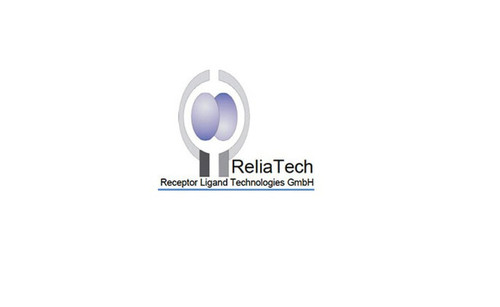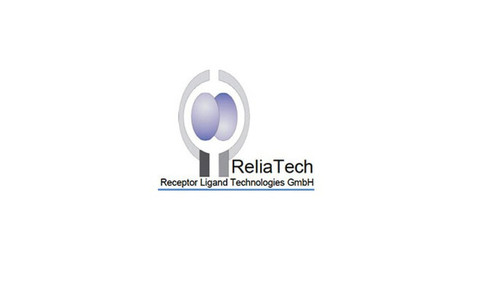Product Description
Mouse Anti-Human BMP-4 Antibody | 101-M166/101-M235 | ReliaTech
Species: Anti-Human
Host / biotech: Mouse
Comment: N/A
Label: N/A
Clone / Antibody feature: N/A
Subcategory: Monoclonal Antibody
Category: Antibody
Synonyms: BMP4; ZYME; BMP2B; OFC11; BMP2B1; MCOPS6
Isotype: IgG2
Application: ELISA, WB, N, IHC
Detection Range: N/A
Species Reactivity/Cross reactivity: Human
Antigen: HeLa cells derived Recombinant Human BMP-4
Description: BMP-4 is a TGFβ superfamily ligand that is widely expressed from early embryogenesis through adulthood. It plays an important role in mesenchyme formation, epidermal determination, suppression of neural induction, the development of multiple organs, and tissue repair. The human BMP-4 precursor contains a 273 amino acid (aa) propeptide and a 116 aa mature protein. Processing of the propeptide by furin or proprotein convertase 6 enables the formation of the mature disulfide-linked homodimeric BMP-4 and facilitates its secretion. Similar intracellular processes may lead to the formation and recreation of BMP-4/BMP-7 disulfide-linked heterodimer. Mature human and mouse BMP-4 share 98% aa sequence identity. Human BMP-4 shares 85% aa sequence identity with human BMP-2 and less than 50% with other human BMPs. Compared to BMP-4 homodimers, BMP-4/ BMP-7 heterodimers exhibit a greater potency in inducing osteogenic differentiation. In Xenopus, the heterodimers can also induce the formation of mesoderm, whereas BMP-4 homodimers only provide ventralizing signals for existing mesoderm. BMP-4 signals through tetrameric complexes composed of type I (primarily Activin RIA or BMPRIA) and type II (primarily Activin RIIA or BMPRII) receptors. The bioavailability of BMP-4 is regulated by its interaction with multiple proteins and glycosaminoglycans.
Purity Confirmation: N/A
Endotoxin: N/A
Formulation: lyophilized from PBS
Storage Handling Stability: The lyophilized antibody is stable for at least 2 years from date of receipt at -20°C. The reconstituted antibody is stable for at least two weeks at 2-8°C. Frozen aliquots are stable for at least 6 months when stored at -20°C.
Reconstituation: Centrifuge vial prior to opening. Reconstitute in sterile water to a concentration of 0.1-1.0 mg/ml.
Molecular Weight: N/A
Lenght (aa): N/A
Protein Sequence: N/A
NCBI Gene ID: 652
 Euro
Euro
 USD
USD
 British Pound
British Pound
 NULL
NULL








